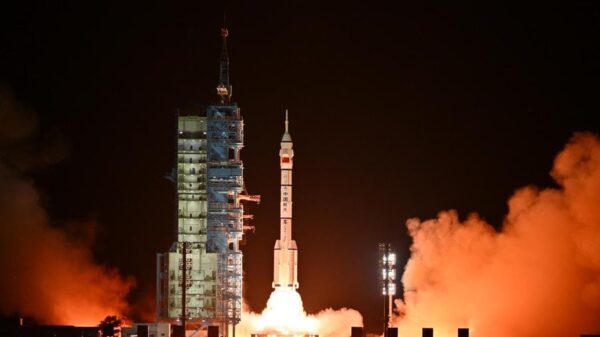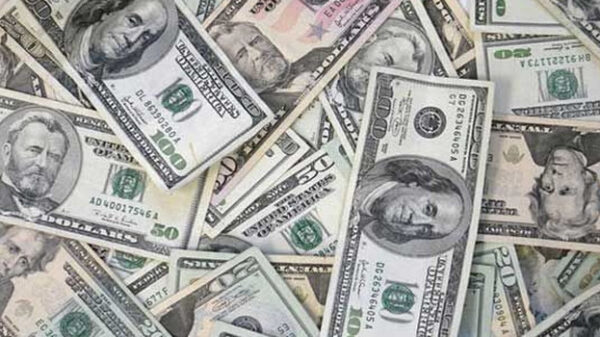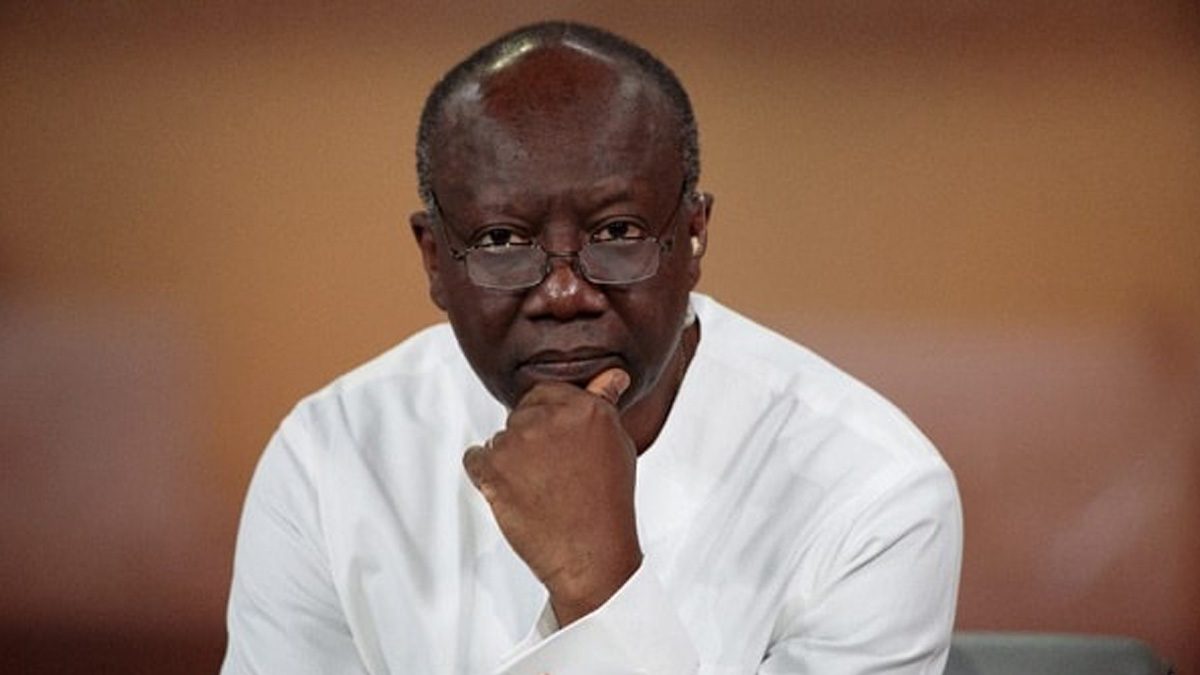Barring any unforeseen shocks, inflation will trend downwards in the coming months. According to IC Research, this is due to a stable exchange rate and the upcoming food harvest season.
“We believe the resumption of artisanal fishing supported the supply of fish stock in August 2023 after the closed season ended on July 31, 2023. We also believe the soothing effects of an improved exchange rate combined with the onset of crops and fish harvest as well as the diminishing impact of recent taxes dragged down inflation in August 2023”, it stated in a report dubbed “Ghana’s August 2023 Inflation: Coming in from the cold”.
Following three consecutive months of upsurge, consumer price inflation came in lower and refreshing in August 2023, boosting analysts’ optimism for cooling price pressures in the months ahead.
Headline inflation unexpectedly declined by 300 basis points to 40.1% year-on-year in August 2023, dragged down by a slide in food and non-food inflation rates.
“In our view, the decline in both food and non-food inflation rates also reflects the calming effects of an improved exchange rate observed during the August 2023 CPI data window”, IC Research pointed out.
“Our analysis of the FX [foreign exchange] dynamics revealed a gain of 1.3% for the Ghanaian cedi against the US dollar during the August price data window (versus a 7.3% depreciation in the same period last year). Unsurprisingly, inflation for imported items (36.2% year-on-year) came in below inflation for locally produced items (42.4% year-on-year), for the first time since March 2022”.
On a month-on-month basis, the report stated that the Ghanaian cedi was also stronger in the August CPI window.
“We believe the soothing effects of an improved exchange rate combined with the onset of crops and fish harvest as well as the diminishing impact of recent tax hikes to churn out a deflation of 0.2% month-on-month in August 2023”, it mentioned.
























